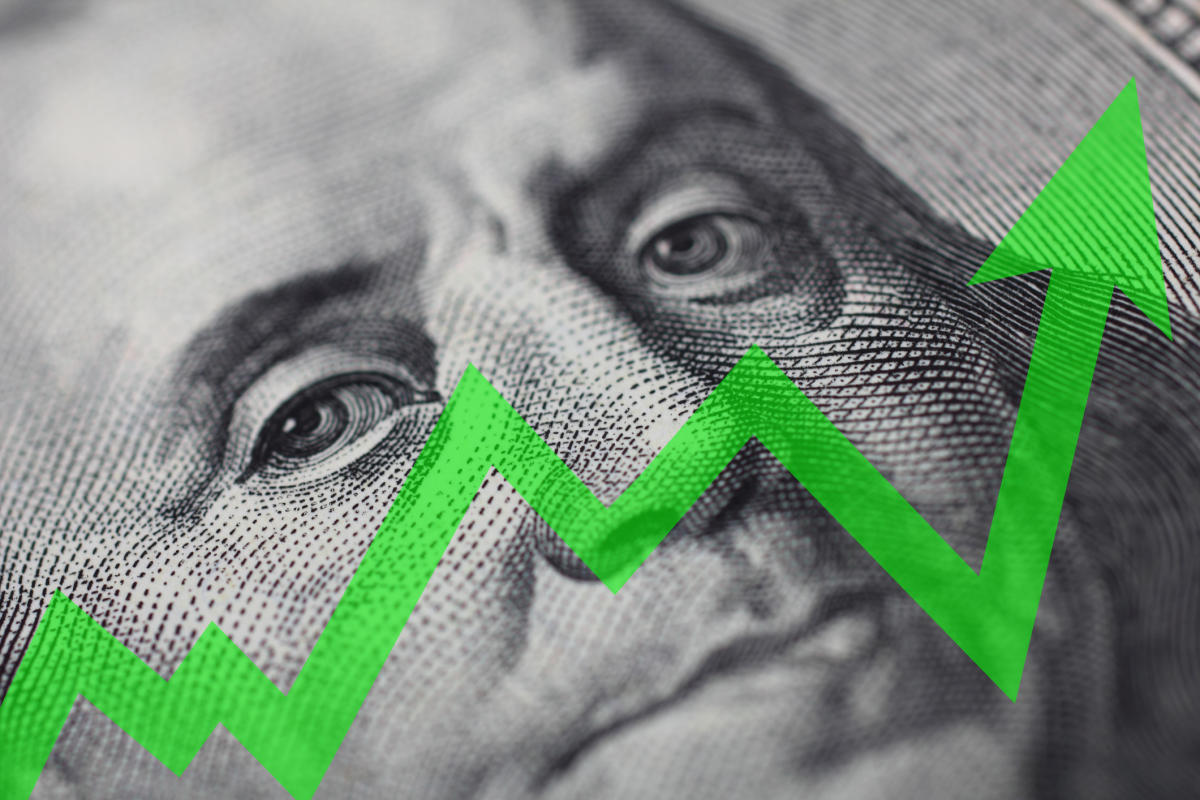The stock market is the greatest wealth-building machine ever created, and it is available to anyone who has a little money to invest. More than a quarter of those on the Forbes 400 list of the richest people in America built their wealth on Wall Street.
You can keep up with the most successful investors by following their disclosures with the Securities and Exchange Commission (SEC). Each quarter, investors with more than $100 million under management must report their assets on SEC Form 13F.
The second quarter filings showed that prominent billionaires continue to favor owning shares of elite technology companies, including the FAANG stocks, which are:
Some of the most respected billionaire investors favor two stocks on this list that hold a growing share of the $699 billion digital advertising market.
1. Amazon
Amazon is the largest holding company for Daniel Loeb’s Third Point and Andreas Halvorsen’s Viking Global Investors. Amazon is widely known as the shopping destination for more than 200 million Prime members, but the online tech titan also has fast-growing revenue streams in several non-retail businesses, and one of them is retail media advertising.
Retail media is the fastest growing market within digital advertising. It is expected to grow by 22% to $140 billion by 2024. Amazon is growing with us. The company’s advertising revenue rose 20% year over year in the second quarter.
Amazon’s advertising revenue is largely driven by sponsored ads, which the company displays on product pages. But it is also expanding its advertising business on Prime Video, where it is in the early stages of growth. The appeal for brands is to get their products in front of a large customer base in Amazon’s consumer-facing locations. Brands can advertise their product on a popular e-commerce platform where customers can easily click and make a purchase. That’s why retail media is such a fast-growing market.
Amazon’s trailing ad revenue is $51 billion, and at the rate it grows, it could have a significant impact on the company’s profitability. North American operating income rose 58% year over year last quarter, while Amazon’s international segment turned a year-ago loss into an operating profit of $273 million.
Billionaire investors generally look for strong companies with clear catalysts for profitable growth, which is why Loeb and Halvorsen have big bets on Amazon. Analysts expect Amazon’s profits to grow 22% year over year, which could send its shares soaring in the coming years.
2. Metaplatforms
Chase Coleman’s Tiger Global Management had a $3.7 billion stake in Facebook owner Meta Platforms – the company’s largest holding – in the second quarter. Meta has huge advantages in the digital advertising market with more than 3.2 billion daily active people across its suite of apps including Instagram, Messenger and WhatsApp.
The recovery in the broader advertising market over the past year has benefited Meta’s share price. Revenue grew 22% year-on-year in the second quarter. According to eMarketer, the company’s share of digital ad spend in June was 21.3%, which is much higher than that of rival platforms. The second largest competitor is Alphabet’s YouTube, with only 5.6% per share.
Meta must walk a delicate line of monetizing its platform with ads without disrupting the user experience. Meta’s large share and recent growth indicate that the company has mastered this ability to serve relevant ads that match users’ interests. Recent improvements to the apps are even increasing user engagement.
Meta’s investments in artificial intelligence (AI) are paying off, with Meta AI bringing better content recommendations to Facebook and Instagram. Powered by Meta’s Llama large language model, this feature has driven billions of user searches, potentially increasing ad impressions and revenue. In the second quarter, Meta saw a 10% increase in ad impressions and average price per ad.
According to GroupM, AI could generate 94% of advertising revenue by 2029. Meta has enormous resources to invest in AI infrastructure to create more advanced AI models that can benefit advertisers, improve user experience, and ultimately generate large returns for shareholders.
Analysts expect Meta’s earnings to grow 17% annually in the coming years. The stock’s forward price-to-earnings ratio is just 24 based on 2025 earnings expectations, which is very attractive compared to growth expectations.
Should You Invest $1,000 in Amazon Now?
Before you buy stock in Amazon, consider this:
The Motley Fool stock advisor The analyst team has just identified what they think is the 10 best stocks for investors to buy now… and Amazon wasn’t one of them. The ten stocks that survived the cut could deliver monster returns in the coming years.
Think about when Nvidia made this list on April 15, 2005… if you had $1,000 invested at the time of our recommendation, you would have $765,523!*
Stock Advisor provides investors with an easy-to-follow blueprint for success, including portfolio building guidance, regular analyst updates, and two new stock picks per month. The Stock Advisor is on duty more than quadrupled the return of the S&P 500 since 2002*.
View the 10 stocks »
*Stock Advisor returns September 30, 2024
John Mackey, former CEO of Whole Foods Market, an Amazon subsidiary, is a member of The Motley Fool’s board of directors. Randi Zuckerberg, former director of market development and spokeswoman for Facebook and sister of Mark Zuckerberg, CEO of Meta Platforms, is a member of The Motley Fool’s board of directors. Suzanne Frey, a director at Alphabet, is a member of The Motley Fool’s board of directors. John Ballard has positions in Meta Platforms. The Motley Fool holds positions in and recommends Alphabet, Amazon, Apple, Meta Platforms and Netflix. The Motley Fool has a disclosure policy.
Billionaires are betting big on these FAANG stocks, and this $700 billion opportunity explains why originally published by The Motley Fool







